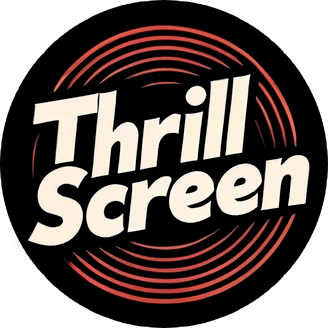Screams and Memes: How Horror Movie Memes Reflect Our Fears and Fandom
The symbiotic relationship between horror films and their audiences is a fascinating dance of fear, fascination, and often, fun. In the past decade, no phenomenon has illustrated this dynamic quite like the rise of horror movie memes. These whimsical snippets of pop culture not only serve as a testament to the genre’s wide-reaching impact but also offer a window into our collective psyches. As an experienced critic within the realm of nightmarish flicks, let us embark on a thematic exploration of how horror movie memes reflect our underlying fears and dedicated fandom.
Unmasking the Appeal of Horror Movie Memes
Horror movie memes have quickly become a way for fans to dissect and diminish the horror they experience. It’s a coping mechanism of sorts—a way to take control of the narrative by framing elements of a film in a frequently humorous context. But these memes do more than provide comic relief; they create a shared language for an entire community bonded by the thrill of horror. Engaging with these memes, one gets to partake in a cultural shorthand that distills complex narratives into easily-digestible and shareable content.
Reflecting our Fears through Humorous Lenses
Horror films tap into primal fears, from the dread of the unknown to the terror of bodily harm. Memes derived from these films perform a peculiar alchemy, transmuting horror into humor. Consider the countless renditions of the ‘distracted boyfriend’ meme featuring iconic characters like Michael Myers or the Babadook. These memes provide not only a chuckle but also reveal a deeper truth: through humor, we gain a sense of mastery over our fears. In transforming the anxiety-inducing into the absurd, memes offer a collective means of coping with the tension inherent to horror.
Fandom Expressed in Shares and Likes
The virality of horror movie memes also speaks volumes about the communal aspect of fandom. When a meme hits the right note—be it an inside joke about a classic horror trope or a clever twist on a scene—the fan community rallies around it, sharing it across social media platforms. The act of sharing these memes thus becomes a form of social currency, signaling membership in a savvy group that ‘gets it.’ This collective identity built around horror movie memes illustrates an integral part of fandom culture: connection and belonging through shared appreciation and humor.
Horror Memes as Cultural Commentary
A close examination of popular memes reveals that they often comment on the social and political climate. Amidst layers of irony and satire, horror movie memes can articulate cultural anxieties about current events, societal norms, and even our own mortality. The adaptability of these memes to comment on everything from political absurdities to mundane, everyday struggles demonstrates horror’s unique ability to serve as a mirror to society’s concerns and preoccupations, with fans acting as both creators and curators of this dialogue.
The Enduring Legacy of the Genre through Memes
In a sense, memes are the digital age’s folklore—stories and jokes passed around that evolve with each retelling. Horror movie memes do more than meme-ify scare; they encapsulate and preserve the influence of the films they parody. Whether it’s Ghostface asking “What’s your favorite scary meme?” or Pennywise offering ominous balloons in exchange for “likes,” these memes ensure the immortality of horror movies in the digital realm long after the end credits roll.
To conclude, horror movie memes are far more than frivolous distractions or online inside jokes. They are snapshots of a genre’s robust interaction with its audience, reflections of our collective attempts to confront and master our fears, and emblems of a community defined by a love for horror. As this intertwining of fear, fun, and fandom persists, we can expect horror movie memes to remain an integral part of our cultural lexicon, continually morphing to capture the zeitgeist of an ever-evolving genre.
